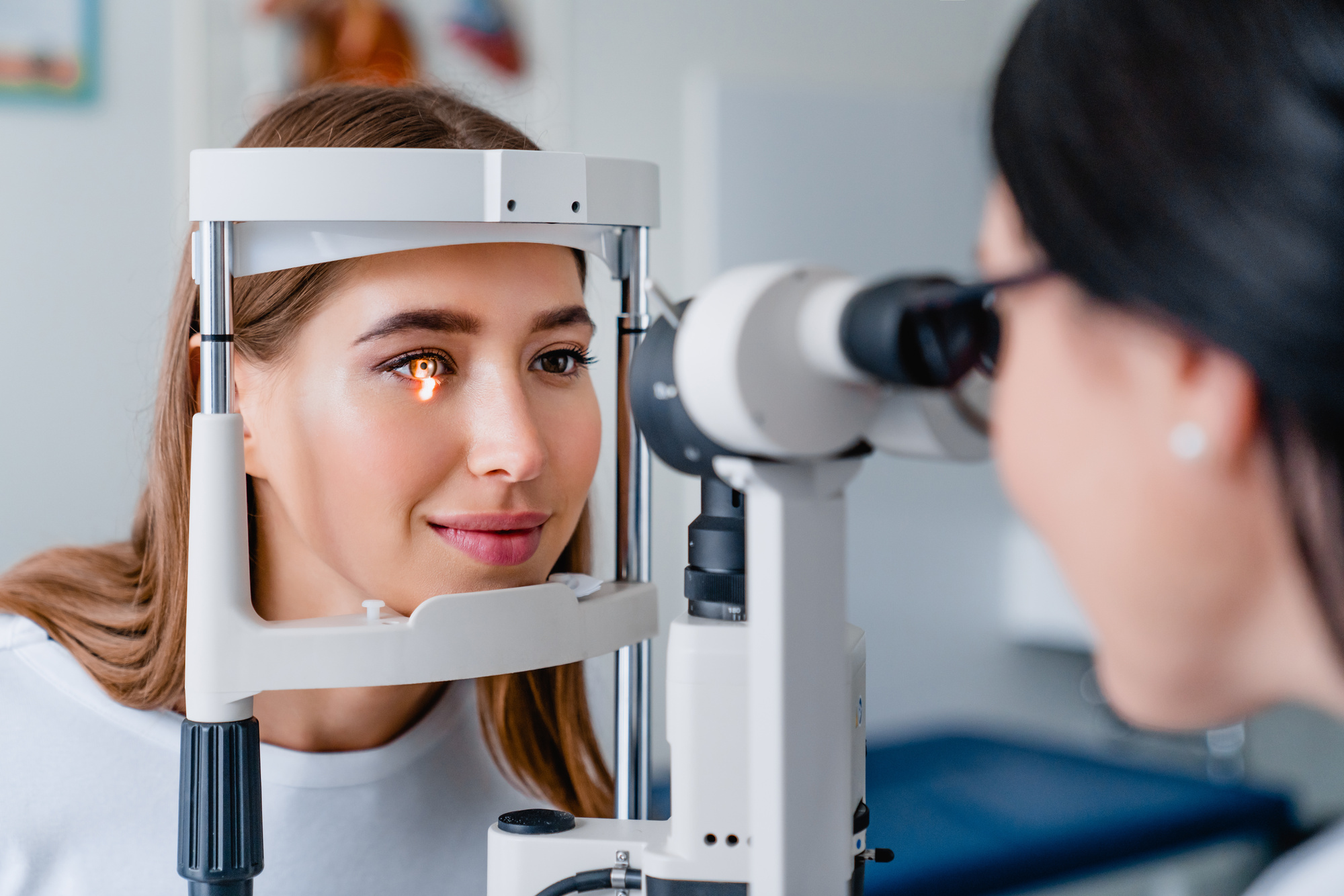The Mind-Eye Connection: Exploring The Link Between Mental Health And Eye Health

Vision is much more significant than being able to see. It’s crucial in navigating the world, tackling your daily grind, and savouring life’s precious moments. However, if you have eye health problems, these organs can cause pain and distress.
Imagine waking up one day to find that the edges of your world are getting fuzzy. It’s a typical case for many people with cataracts. The world, which used to be clear and bright, is becoming hazy—like a clear window turning cloudy. The pain extends beyond your eyes, as the things that bring joy and wonder can also cause unhappiness.
Treating eye problems immediately is crucial to mental wellness. Some people might be hesitant when they realise the cost for laser eye surgery. However, the perspective changes when you consider it an investment. Aside from getting a clear vision, it’s about reclaiming happiness, confidence, and freedom. Hence, it makes the price seem more reasonable.
Your eyes are guardians of your physical and mental well-being. They let you see the beauty of a sunrise and the joy behind a smile. Healthy eyes can make a significant difference in your quality of life.
This guide looks closely at some eye conditions and how they affect mental health.
Macular Degeneration
Age-related macular degeneration (AMD) is one of the leading reasons why people over 60 lose sight. The disease attacks the macula—a small part of the retina responsible for clear, sharp vision. This eye condition makes recognizing faces, reading, and driving difficult.
The National Eye Institute did a study that showed people with AMD are more likely to experience depression. Imagine a book lover who has to give up her favourite books or a driver who has to give up his car keys because his central vision is blurry and distorted.
The changes in lifestyle and loss of independence can be challenging on a person’s emotions and lead to frustration, loneliness, and depression.
Glaucoma
Glaucoma is a group of eye conditions affecting millions of people worldwide. High pressure in your eye can cause damage to the optic nerve, leading to glaucoma. It’s a silent thief that slowly makes cloudy spots in your field of vision, which could result in total blindness.
Living with glaucoma can be stressful and scary because it gets worse gradually. Some studies found that many glaucoma patients show signs of post-traumatic stress disorder (PTSD). The constant worry about losing their vision can make sleeping challenging, affecting their quality of life.
Diabetic Retinopathy
Diabetic retinopathy affects many people with diabetes. It hurts the blood vessels in the retina, which can result in blurry vision, trouble seeing colours, or even total blindness. Hence, it can significantly impact one’s mental health.
Managing diabetes and the added concern of potential vision loss can cause mental exhaustion. Patients may experience anxiety, depression, or diabetes distress. Diabetic distress refers to a state of psychological turmoil associated with managing diabetes.
Strabismus And Amblyopia
Strabismus and amblyopia, also called crossed eyes and lazy eyes, are common medical conditions that affect kids. These eye problems can impair clear vision, hinder depth perception, and lead to vision loss in the affected eye. Many may overlook these factors’ impact on a child’s mental well-being.
Imagine a student who loves basketball but starts missing shots because they can’t tell the ball’s location or a young girl being called a ‘slow learner’ because she can’t see the board well. Setbacks in school and with friends can hurt a child’s sense of self-worth, making them more likely to develop anxiety disorders.
Dry Eye Syndrome
Dry eye syndrome is when someone doesn’t have enough good tears to keep their eyes moist and healthy. The symptoms can range from mild dryness and discomfort to severe inflammation and scarring of the eye’s front surface.
Dry eyes can significantly impact your quality of life. The constant pain, redness, and itching can be stressful and distracting. This eye condition can make working or enjoying your free time challenging.
Keratoconus
Keratoconus is a progressive eye disease that affects the cornea. It can result in blurred vision, increased sensitivity to light, and the appearance of ghost images. Because of the progressive nature of the disease, patients with keratoconus struggle with self-esteem.
The inability to see clearly can affect academic or professional life, while physical changes can cause social anxiety and withdrawal. Also, the disease’s unpredictability can contribute to chronic stress and anxiety.
Conclusion
Eye problems are more than physical pain and trouble seeing. They have a long-lasting effect on mental health and can cause stress, anxiety, and depression. It’s vital to be aware of and deal with these effects, so you can help patients get proper support and care.



